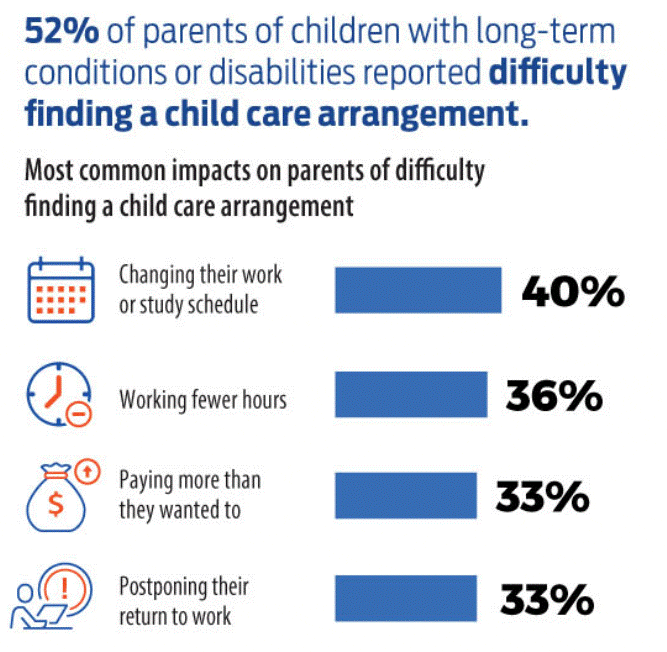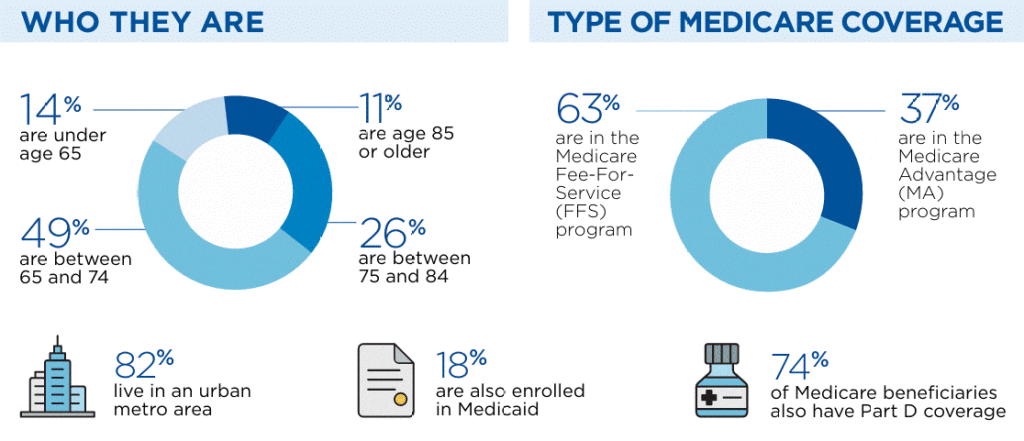Archive for August 2024
More than Analytics: Five Approaches to Educating Professionals to Shape Today’s Digital Cities
On the relationship between unprompted thought and affective well-being: A systematic review and meta-analysis.
Herding-like behaviour in medical decision making: An experimental study investigating general practitioners’ prescription behaviour
Australia’s hospitals at a glance
A Spatiotemporal Model as an Approach for Parameterizing the Inherited Cosmopolitan Urban Areas: Eastern Harbor, Alexandria-Egypt
Do Sexual Harassment Claimants’ Gender Identity and Race Influence Third-Party Observers’ Assumptions About the Harassment Incident?
‘I like checking in on myself’: Control group experiences in a strengths-based addiction recovery study, with implications for self-monitoring and measurement reactivity
Literacy and signing deaf students: a multi-national scoping review
Linear and Nonlinear Indices of Score Accuracy and Item Effectiveness for Measures That Contain Locally Dependent Items
Medical Students’ Experience of a Patient’s Death and Their Coping Strategies: A Narrative Literature Review
Social Work Responses to the COVID-19 Pandemic in Nepal: Current Practices and Future Considerations
“Keep it a secret”: leaked documents suggest Philip Morris International, and its Japanese affiliate, continue to exploit science for profit
Harmful Algal Blooms and Your Health
An innovative approach for coordinating multiple sedated procedures in medically complex pediatric patients
Income and Calling the Police: Examining a Nuanced Relationship Toward Theoretical Refinement
Social Work Placements – Catherine’s Experience
The essentials of nursing leadership: A systematic review of factors and educational interventions influencing nursing leadership
Colorism and Historical Trauma: Barriers and Stepping Stones for Healing within Clinical Social Work Education
Cross-sectoral collaborations between nonprofit organizations and businesses: implications for organizations providing mental health rehabilitation services
Creating Spaces for Decolonization and Indigenization Among Mental Health Professionals in Higher Education
Treatment Interventions for Child and Adolescent Obesity: From Evidence to Recommendations to Action
Body dysmorphia in gay male spaces: the double binds of knowing what you want and simultaneously rejecting it
American Coal

Online supervision training during the COVID-19 pandemic: a pilot program to foster supervisor engagement and organizational sustainability
The Epidemic of Congenital Syphilis in the Indigenous and Rural Populations of South Dakota
Child care arrangements for children aged 0 to 5 with long-term conditions or disabilities, 2023

An Exploration on the Public Stigma of Sexual Addiction
Medicare Benefciaries

Looking and listening in online therapy
Considerations for Alternative Decision-Making When Transitioning to Adulthood for Youth With Intellectual and Developmental Disabilities: Policy Statement
What do we know about how children and adolescents conceptualise violence? A systematic review and meta-synthesis of qualitative studies from sub-Saharan Africa
Advancing the Human Rights Content of the Social Work Curriculum
Trans and Gender Diverse Ageing in Care Contexts: Research into Practice

Predicting risk of postpartum depression using neurophysiological measures
Canadian residential facilities for victims of abuse, 2022/2023
Speech-language pathology clinical educators’ perspectives on the benefits and drawbacks of telesupervision: a qualitative analysis
“Stop Imposing on Us”: A Critical Examination of Ethnocultural Considerations in the Canadian Volunteer Hospice Palliative Care Landscape
Promoting men-inclusive maternity services: exploring the expectations, experiences and needs of men as fathers
Capitalism: The Story Behind the Word

Translating Critical Social Work into Clinical Practice: A Pilot Simulation-Based Study from Canada
The life cycle of large language models in education: A framework for understanding sources of bias
The impact of subjective, interpersonal, and structural social isolation on the mental health of African Americans and Black Caribbeans
Toni Morrison and the Geopoetics of Place, Race, and Be/longing
